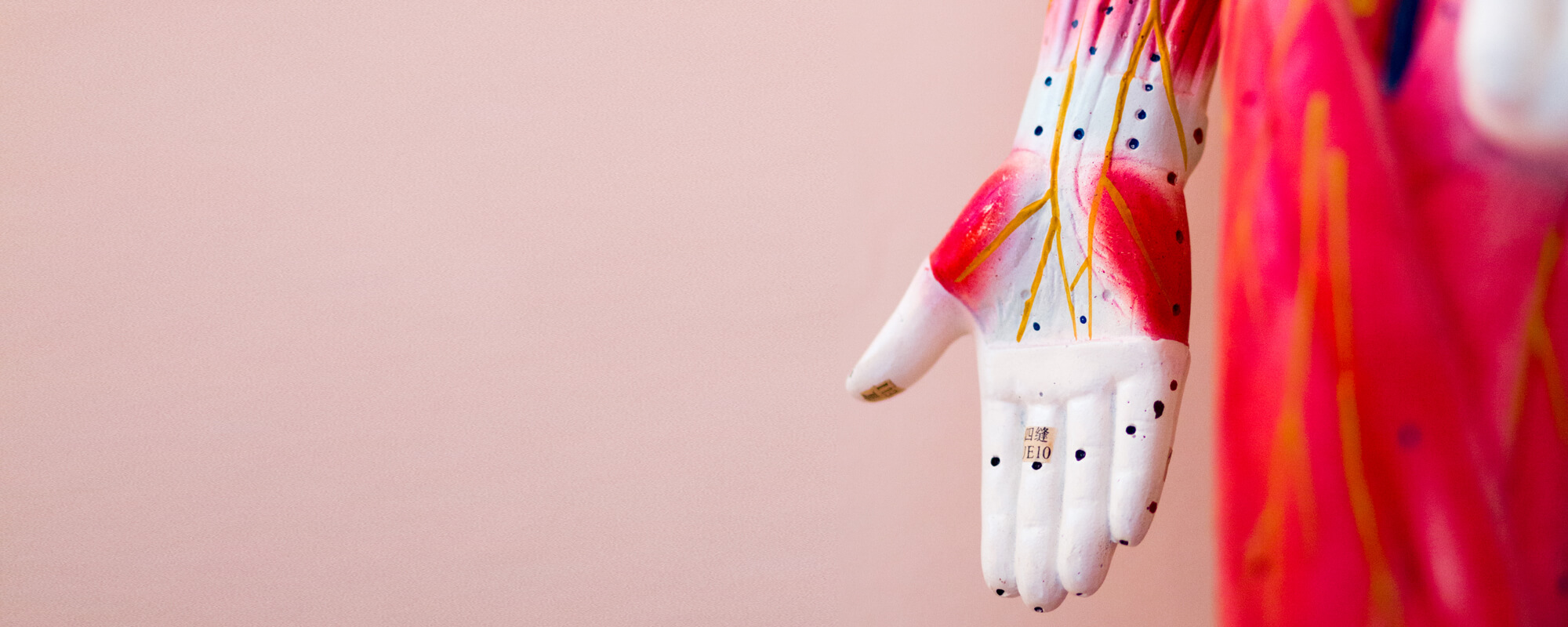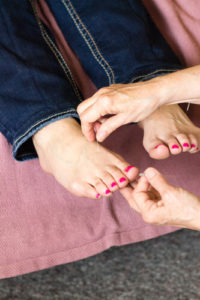
Essential oils can work wonders on the body when combined with massage and other healing modalities. Each essential oil has their own distinctive properties that work on different parts of the body, mind and spirit. There are many different essential oils that can be incorporated into a self-care session, but there are also a few essential oils recommended to get you the most out of your self-care.
As always with any therapy, it is recommended to receive multiple treatment sessions in order to reap the most rejuvenating and healing effects possible. Check out the five essential oils you should ask for at your next session.
1. Lavender Essential Oil
Lavender essential oil is one of the most widely utilized essential oils you can find. Lavender oil promotes good sleep, relaxation and an increase in healthy energy levels. These properties are what make it such a good essential oil for many things. Lavender oil is also great for reducing stress, ask your therapist if they carry lavender essential oil and increase the benefits of your session.
2. Mandarin Essential Oil
A perfect essential oil for curing insomnia and anxiety, mandarin essential oil is a go-to because of its calming and therapeutic properties. It gives off a light citrus aroma which proves very pleasing to the all of the senses.
3. Bergamot Essential Oil
This essential oil is every bit as spicy as it is citrusy. Bergamot oil combines spicy and citrusy aromas in order to create versatile effects on the body. This essential oil is great for fighting addictive behaviors, mood disorders and depression.
4. Eucalyptus Essential Oil
This essential oil is cleansing in every sense of the word. Eucalyptus oil can help keep germs away and cure problems you may be experiencing due to sinus infections and allergies. Overall the calming smells eucalyptus oil emits can be very beneficial for your therapy session.
5. Angelica Essential Oil
Various therapy sessions directly target both your muscles and nerves. Angelica essential oil is a great way to ensure your muscles are soothed and relaxed during your treatment. If you want to increase the relaxing and soothing effects, make sure to ask for angelica essential oil at your next therapy session.



 Nearly 30% of American adults struggle with chronic insomnia, and that percentage increases with age. Standard treatment includes sleeping pills and cognitive therapy. Cognitive therapy shows a lot of promise as an effective treatment and sleeping pills, though presenting some risks, can be helpful for the short-term. It is a condition, however, according to standard approaches, that can be treated, but unfortunately, not cured. And while many Americans don’t meet the criteria of a ‘chronic insomnia’ label, anyone who lacks proper sleep on a regular basis will eventually suffer physical, mental and emotional health consequences. Besides the obvious fatigue that comes along with many types of insomnia, there can be accompanying effects such as headaches, dizziness, and sore muscles as well as mood issues. One large study found that those with insomnia were five times more likely to suffer from depression than those who got adequate sleep. This is in addition to other associated effects on brain health, cardiovascular health, immunity and weight.
Nearly 30% of American adults struggle with chronic insomnia, and that percentage increases with age. Standard treatment includes sleeping pills and cognitive therapy. Cognitive therapy shows a lot of promise as an effective treatment and sleeping pills, though presenting some risks, can be helpful for the short-term. It is a condition, however, according to standard approaches, that can be treated, but unfortunately, not cured. And while many Americans don’t meet the criteria of a ‘chronic insomnia’ label, anyone who lacks proper sleep on a regular basis will eventually suffer physical, mental and emotional health consequences. Besides the obvious fatigue that comes along with many types of insomnia, there can be accompanying effects such as headaches, dizziness, and sore muscles as well as mood issues. One large study found that those with insomnia were five times more likely to suffer from depression than those who got adequate sleep. This is in addition to other associated effects on brain health, cardiovascular health, immunity and weight. Acupuncture takes an individualized approach to insomnia, as everyone is different, and there can be many reasons why someone is out of balance. In addition to external factors such as trauma or stress, a person’s internal environment will be looked at. A pattern assessment is done to evaluate both the abundance and flow of blood and energy (qi) in the body, excess hot or cold type disorders and any organ imbalances. But is it effective?
Acupuncture takes an individualized approach to insomnia, as everyone is different, and there can be many reasons why someone is out of balance. In addition to external factors such as trauma or stress, a person’s internal environment will be looked at. A pattern assessment is done to evaluate both the abundance and flow of blood and energy (qi) in the body, excess hot or cold type disorders and any organ imbalances. But is it effective?

